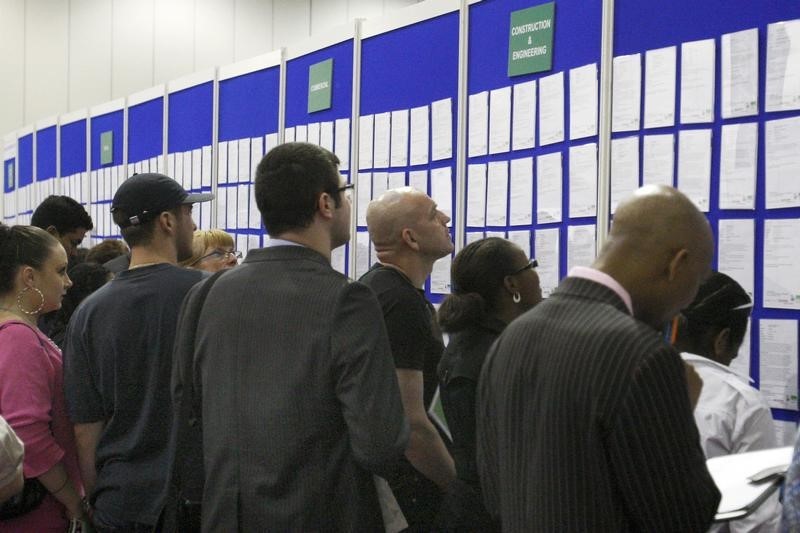Proactive Investors - The UK unemployment rate unexpectedly rose to 3.9% in the three months to January, but pay growth eased, which economists said would encourage the Bank of England that inflationary pressures are fading.
Unemployment climbed from 3.8% in December the Office for National Statistics said, having fallen from a post-Covid peak of 4.3% in July.
Average weekly pay was up 5.6% compared to the same period a year ago, the ONS said, which was down more than expected from the 5.8% a month ago, with the average economist's forecast pointing to 5.7%.
Excluding bonuses, pay was up 6.1%, down from 6.2% as expected, now some way below last year’s peak of 8.1%.
Employment levels in the three-month period were down 21,000 on the preceding three months, while forecasts had expected a small increase.
More timely figures from February showed the job claimant count rate remained at 4.0%, with a 16,800 increase in jobless claims and payrolled employees up 20,000 on the prior month, compared to a consensus forecast of 25,000.
Economist Rob Wood at Pantheon Macroeconomics said the official labour market data "suggest a loosening labour market and continued weaker wage momentum" and he added that "all parts of the employment report today surprised on the downside".
However, he said the dip in the unemployment rate to 3.8% in December had looked "particularly suspect, so we would take today’s uptick in the unemployment rate to 3.9% as some correction of that odd previous trend".
With a view to how it might affect the thinking of the BoE's monetary policy committee (MPC), Wood said the downside wage growth surprise "will raise MPC confidence that inflation pressures are fading".
But Paul Dales at Capital Economics said the easing in wage growth "is probably still a bit too slow for the Bank of England’s liking. But there are encouraging signs that a more marked slowdown is just around the corner and that an interest rate cut in June is possible."
The fall in the number of job vacancies from 928,000 in the three months to January to a 32-month low of 908,000 in the three months to February "suggests the labour market continues to loosen more than the unemployment rate is letting on", Dales said, adding that this was consistent with wage growth slowing to 4-5% and February’s REC survey points to wage growth of 3% in 6-9 months’ time.
As long as the average month-on-month rise in earnings seen the past six months of 0.3% continues, actual wage growth will fall "more markedly in the coming months", he said.
"That, alongside a fall in CPI inflation below the 2% target in April, could be enough to prompt a rate cut in the summer."
ING economist James Smith said: "Ultimately, the BoE will want to see more evidence of pay slowing before acting."
